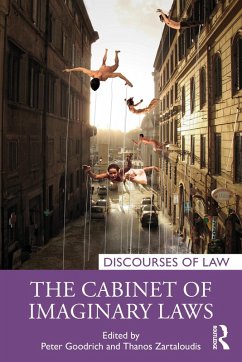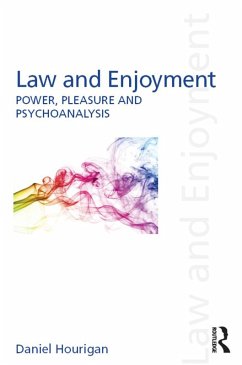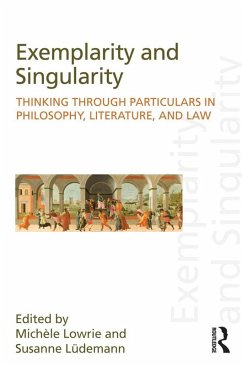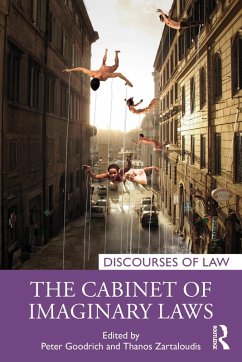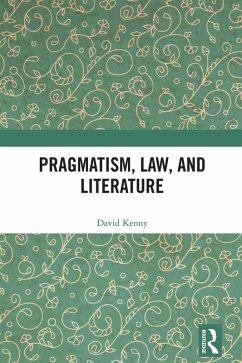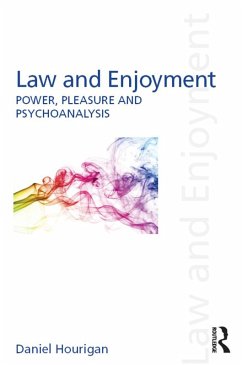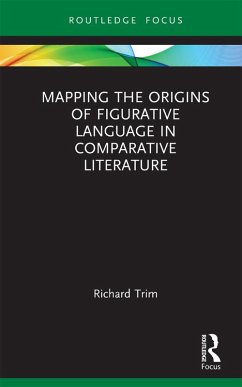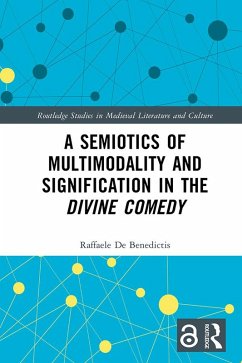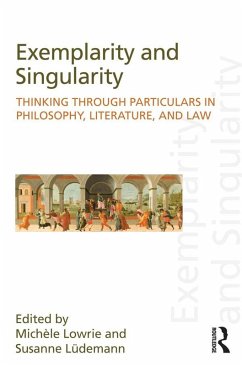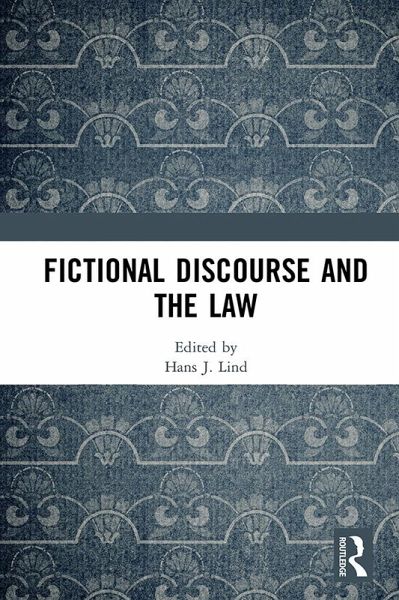
Fictional Discourse and the Law (eBook, PDF)
Versandkostenfrei!
Sofort per Download lieferbar
41,95 €
inkl. MwSt.
Weitere Ausgaben:

PAYBACK Punkte
21 °P sammeln!
Drawing on insights from literary theory and analytical philosophy, this book analyzes the intersection of law and literature from the distinct and unique perspective of fictional discourse.Pursuing an empirical approach, and using examples that range from Victorian literature to the current judicial treatment of rap music, the volume challenges the prevailing fact-fiction dichotomy in legal theory and practice by providing a better understanding of the peculiarities of legal fictionality, while also contributing further material to fictional theory's endeavor to find a transdisciplinary valid...
Drawing on insights from literary theory and analytical philosophy, this book analyzes the intersection of law and literature from the distinct and unique perspective of fictional discourse.
Pursuing an empirical approach, and using examples that range from Victorian literature to the current judicial treatment of rap music, the volume challenges the prevailing fact-fiction dichotomy in legal theory and practice by providing a better understanding of the peculiarities of legal fictionality, while also contributing further material to fictional theory's endeavor to find a transdisciplinary valid criterion for a definition of fictional discourse. Following the basic presumptions of the early law-as-literature movement, past approaches have mainly focused on textuality and narrativity as the common denominators of law and literature, and have largely ignored the topic of fictionality. This volume provides a much needed analysis of this gap.
The book will be of interest to scholars of legal theory, jurisprudence and legal writing, along with literature scholars and students of literature and the humanities.
Pursuing an empirical approach, and using examples that range from Victorian literature to the current judicial treatment of rap music, the volume challenges the prevailing fact-fiction dichotomy in legal theory and practice by providing a better understanding of the peculiarities of legal fictionality, while also contributing further material to fictional theory's endeavor to find a transdisciplinary valid criterion for a definition of fictional discourse. Following the basic presumptions of the early law-as-literature movement, past approaches have mainly focused on textuality and narrativity as the common denominators of law and literature, and have largely ignored the topic of fictionality. This volume provides a much needed analysis of this gap.
The book will be of interest to scholars of legal theory, jurisprudence and legal writing, along with literature scholars and students of literature and the humanities.
Dieser Download kann aus rechtlichen Gründen nur mit Rechnungsadresse in A, B, BG, CY, CZ, D, DK, EW, E, FIN, F, GR, HR, H, IRL, I, LT, L, LR, M, NL, PL, P, R, S, SLO, SK ausgeliefert werden.





